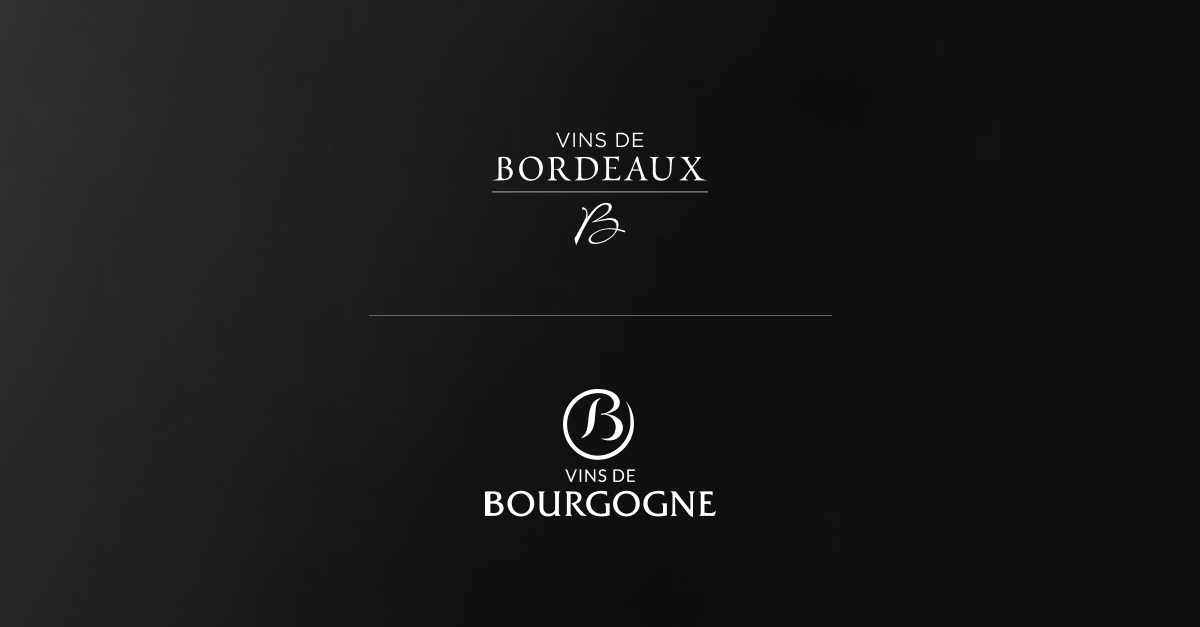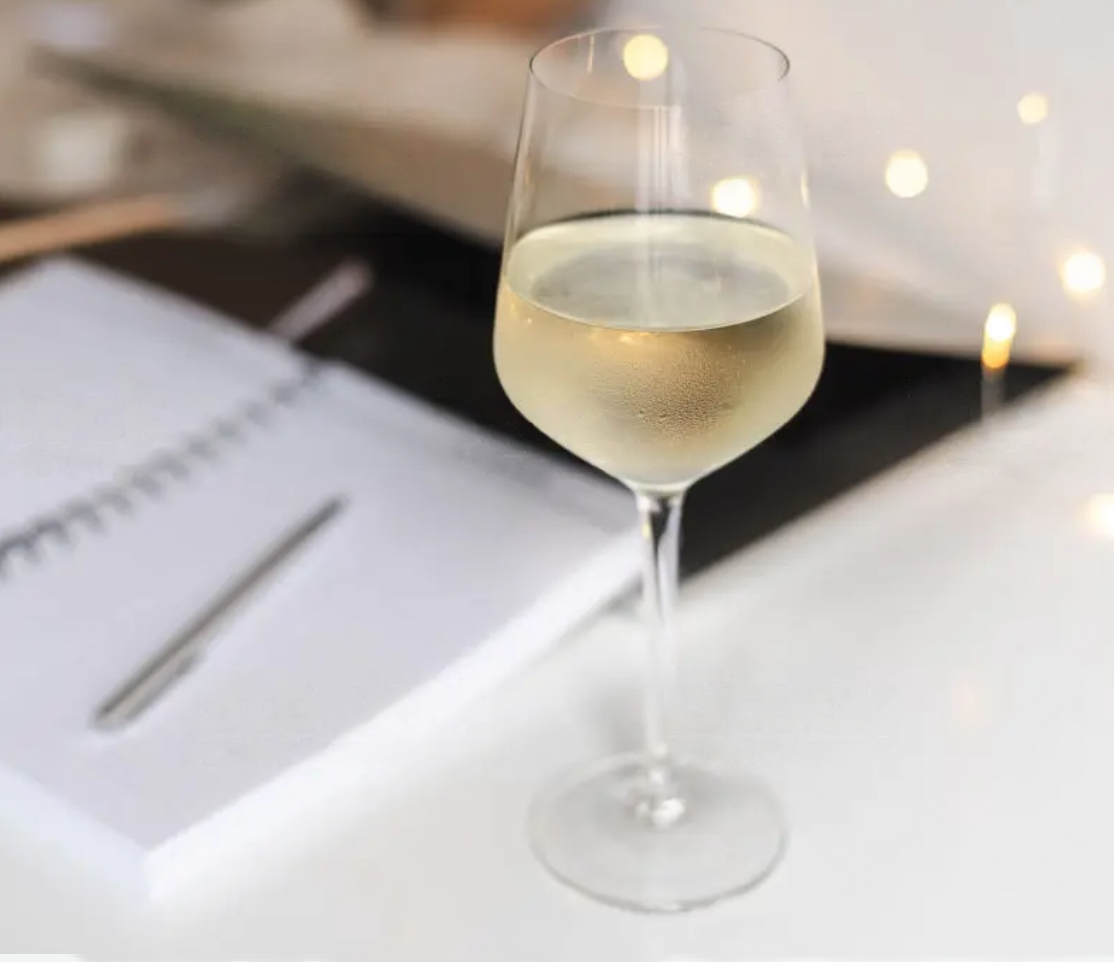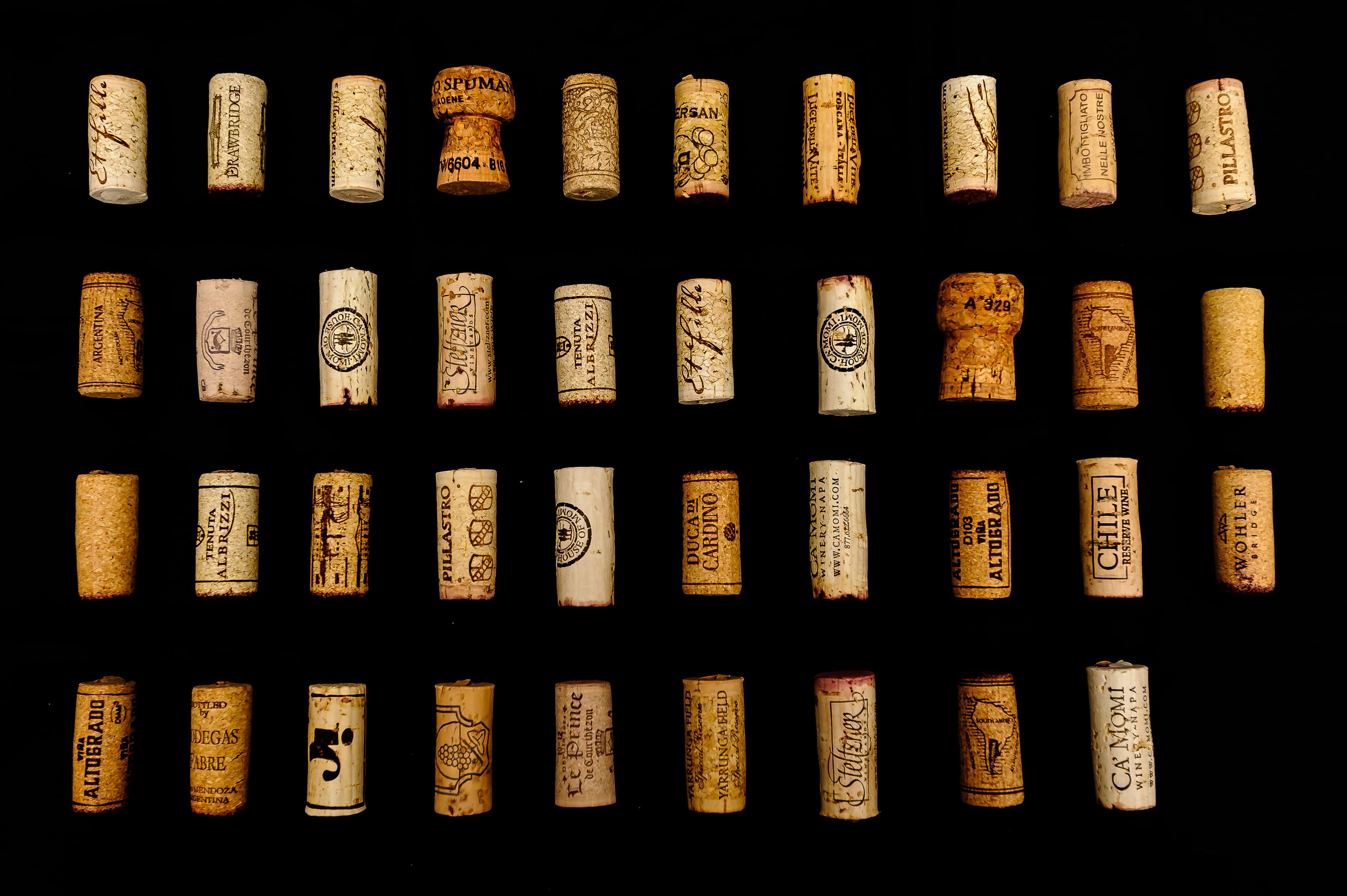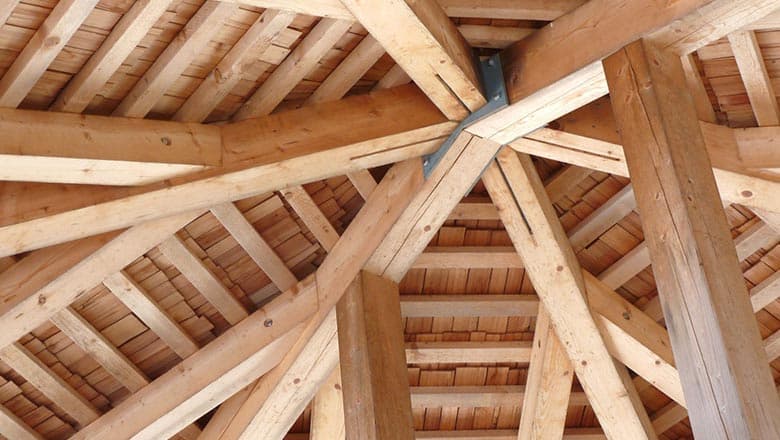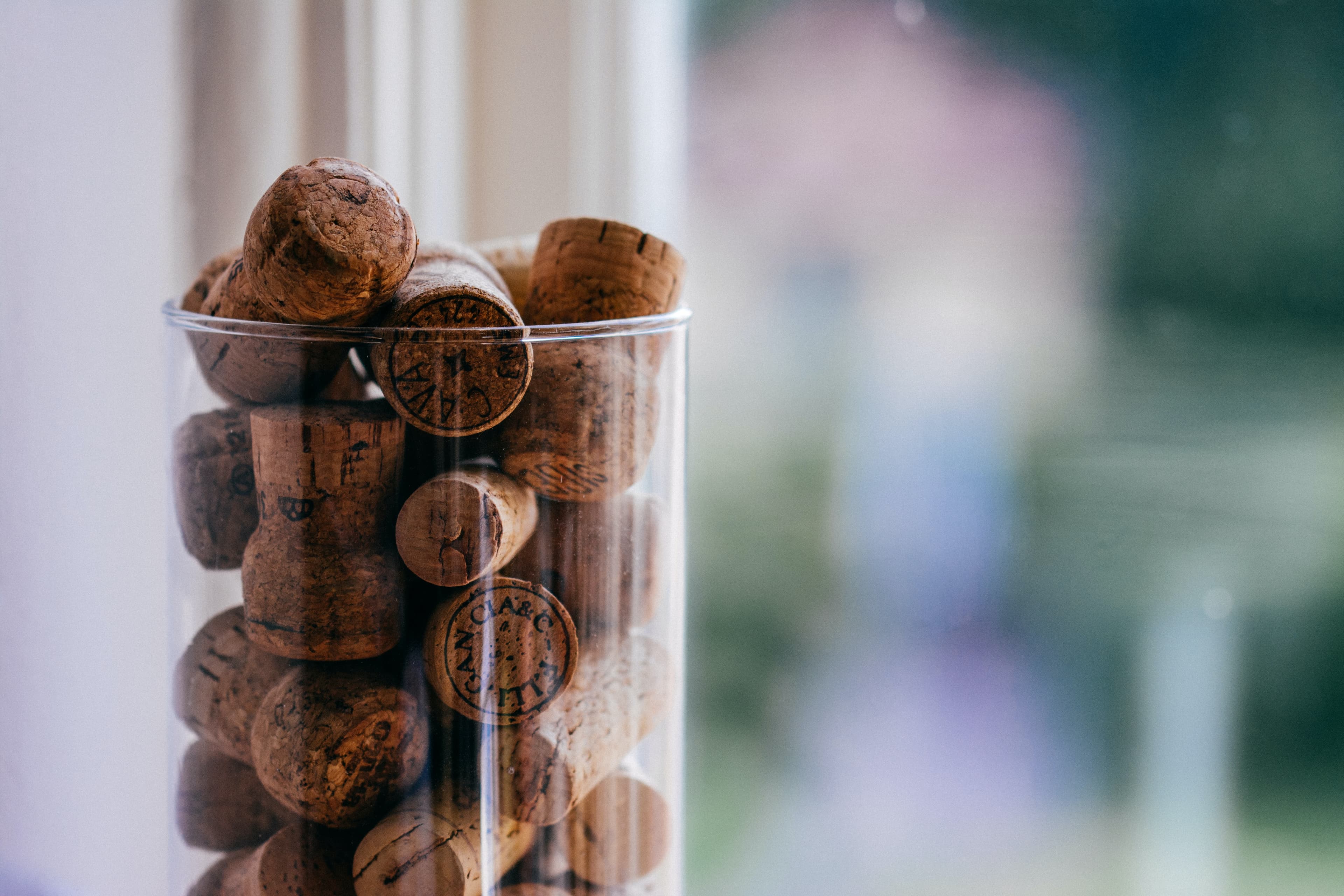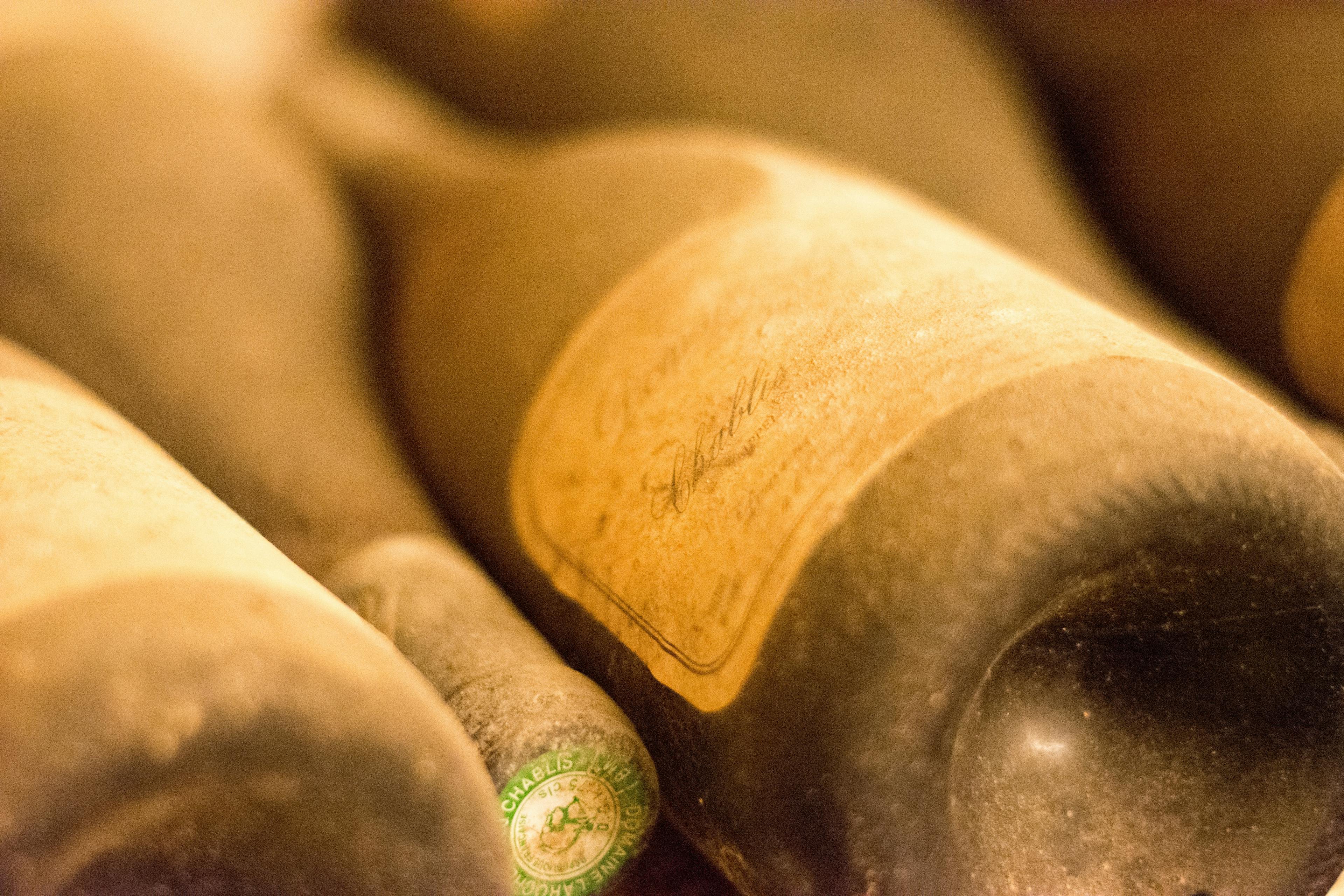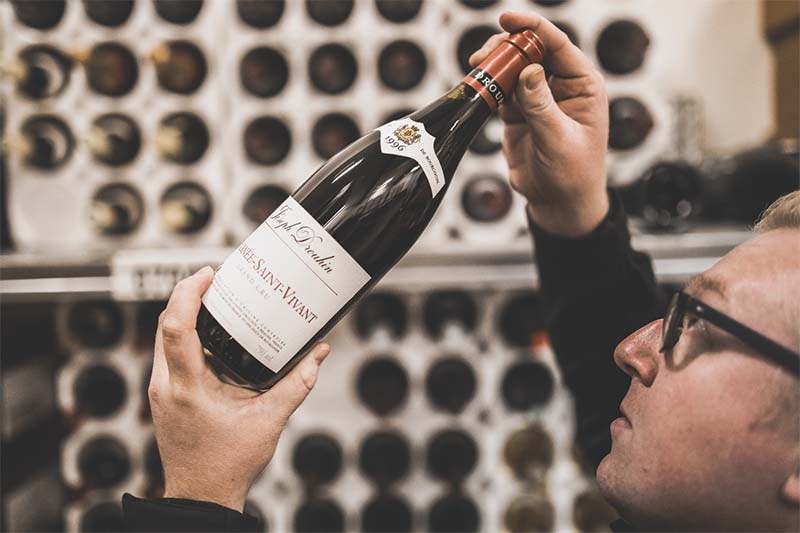
Storing fine wines like Antinori requires knowledge and precision to ensure their quality remains intact over time. Proper storage conditions are crucial for maintaining the flavor, aroma, and value of these exquisite wines. Factors such as temperature, humidity, light exposure, and positioning all play significant roles in the preservation process. By understanding and implementing the right storage techniques, wine enthusiasts can protect their investment and enjoy their bottles at their best. Learn more about the essentials of wine storage on our dedicated page about Antinori.
Ideal Temperature and Humidity for Storing Antinori
Storing Antinori wines in the correct environment is crucial for maintaining their quality and enhancing their aging potential. The ideal temperature for storing these wines should consistently be around 12-14°C (53-57°F). This range helps in preserving the delicate balance of flavors and aromas that define Antinori wines. Fluctuations in temperature can lead to premature aging or spoilage, so a stable environment is key.
Humidity also plays a significant role in wine preservation. For Antinori, a humidity level of 60-70% is recommended. This range is optimal to keep corks from drying out, which might otherwise allow air into the bottles, spoiling the wine. However, excessive humidity can promote mold growth, which could damage labels and potentially affect the wine's quality.
Understanding these characteristics is essential for anyone looking to store Antinori wines properly. Here are a few additional tips to ensure your wine remains in the best possible condition:
Store bottles horizontally to keep the cork moist.
Avoid direct sunlight and keep the storage area dark.
Minimize vibration from heavy traffic or machinery.
Ensure proper ventilation to avoid musty odors.
Positioning Bottles: Horizontal vs. Vertical Storage
When storing Antinori wines, the orientation of the bottle plays a crucial role in maintaining the quality and longevity of the wine. Traditionally, horizontal storage is preferred for several reasons:
Cork Moisture: Keeping the cork moist is essential to prevent it from drying out and shrinking, which could allow air to enter the bottle and spoil the wine. Horizontal positioning ensures that the wine is in contact with the cork, keeping it expanded and effective in sealing the bottle.
Sediment Formation: As wine ages, it often forms sediment. Storing bottles horizontally facilitates even distribution of sediment along the side of the bottle rather than collecting at the bottom. This makes it easier to separate the clear wine from the sediment during pouring.
Space Efficiency: Horizontal storage is generally more space-efficient in wine racks and cellars. It allows collectors to stack bottles in a compact manner, maximizing storage capacity.
Conversely, vertical storage is typically used for short-term solutions or for wines with alternative closures, such as screw caps or synthetic corks, which are not affected by air exposure in the same way as traditional corks. However, for long-term aging and to ensure the best possible development of the wine, horizontal is the way to go. For more insights on how to enhance your wine experience, consider exploring food pairings that complement Antinori's unique characteristics.
Light Exposure: Protecting Antinori from UV Rays
Exposure to light, particularly UV rays, can significantly degrade the quality of wine, including popular vintages of Antinori. To ensure the longevity and preservation of these fine wines, it's crucial to understand and implement effective light protection strategies.
Store in a Dark Environment: Keeping your Antinori bottles in a dark place, such as a cellar or a cabinet, minimizes the risk of light exposure. This is particularly important for long-term storage.
Use UV-Protective Glass: If your storage area has exposure to natural light, consider using UV-protective glass on windows. This glass can block harmful rays while allowing visible light to enter, which helps maintain optimal conditions for wine preservation.
Opt for Colored Bottles: Antinori wines often come in colored glass bottles, which naturally provide a level of UV protection. Darker glass, like amber or green, is more effective at blocking harmful rays than clear glass.
Avoid Fluorescent Lighting: Fluorescent lights emit a small amount of UV light. Using LED or incandescent lighting in storage areas can further protect wines from unwanted UV exposure.
Implementing these measures will help safeguard your Antinori wines from the damaging effects of UV light, ensuring that each bottle maintains its intended flavor profile and quality.
The Importance of a Stable Environment
Maintaining a stable environment is crucial for preserving the quality and integrity of Antinori wines. Fluctuations in temperature and humidity can adversely affect the wine, leading to premature aging or spoilage. Ideally, Antinori should be stored at a consistent temperature around 12-14°C (53-57°F) and at a humidity level of 70-80%. This helps in keeping the cork from drying out and minimizes the oxidation risk.
Temperature Control: Sudden temperature changes can cause the wine to expand and contract, which may lead to seepage or allow air to enter the bottle.
Humidity Considerations: Low humidity dries out corks, which can result in air entering the bottle and damaging the wine. Conversely, excessive moisture can promote mold growth on corks and labels.
Light Exposure: Wine should be kept out of direct sunlight, as UV rays can degrade and prematurely age the wine.
Vibration Minimization: Avoid storing wine in places with frequent vibrations, such as near washing machines or heavy traffic areas, as this can disturb sediments in the bottle, affecting the maturation process.
Understanding the history of Antinori can also provide insights into the traditional methods of storage that have preserved these wines through generations.
When to Rotate Your Antinori Bottles
Rotating your Antinori bottles is a crucial aspect of maintaining their quality and ensuring the wine ages perfectly. Typically, it's advisable to rotate the bottles every four to six months. This practice helps in preventing the cork from drying out, which can lead to air seeping into the bottle and spoiling the wine. Additionally, rotation ensures that the sediment in the wine is evenly distributed, which is essential for maintaining flavor consistency and texture.
Here are some key points to consider when planning to rotate your Antinori bottles:
Check the Storage Conditions: Before rotating, ensure that your storage area maintains a consistent temperature and humidity level. Fluctuations can harm the wine's aging process.
Gentle Handling: Handle the bottles gently to avoid shaking them. Agitation can disrupt the sediment, affecting the wine’s quality.
Record Keeping: Keep a log of when you rotate the bottles. This will help you maintain a regular schedule and monitor the wine's condition over time.
Positioning: Always return the bottles to a horizontal position to keep the cork moist and swollen, preventing air from entering.
For more detailed guidance on how to serve your Antinori wine at its best, consider the specific characteristics of the bottle and vintage.
Long-Term Aging Potential of Antinori Wines
Antinori wines are renowned for their exceptional aging potential, a characteristic that significantly enhances their allure among collectors and enthusiasts. Understanding the long-term aging potential of these wines is crucial for anyone looking to invest in a bottle. Here are some key considerations:
Storage Conditions: To maximize the aging potential, store Antinori wines in a cool, dark place with stable temperatures. Fluctuations can accelerate aging and degrade the wine's quality.
Vintage Variation: Not all vintages age similarly. Researching the specific year of the Antinori wine you possess will provide insights into its longevity and optimal aging time.
Wine Type: Different types of Antinori wines, such as Tignanello or Solaia, have varying aging potentials. Typically, reds with higher tannin levels are better candidates for long-term aging.
Proper Sealing: Ensure that the bottles are properly sealed with quality corks and stored horizontally to keep the cork moist, which prevents air from entering the bottle and spoiling the wine.
For more detailed facts about Antinori and its wines, consider exploring specific characteristics and historical impacts that influence their aging capabilities.
Using Wine Fridges for Optimal Storage
Using wine fridges is an excellent method for optimal storage of Antinori wines, ensuring they maintain their quality and flavor profile. These specialized refrigerators provide a stable environment, crucial for preserving wine's integrity. Here are some key benefits:
Temperature Control: Wine fridges offer precise temperature settings, typically between 45°F and 65°F, which is ideal for enjoying Antinori to its fullest. Consistent temperature prevents the wine from undergoing chemical reactions that could alter its taste and bouquet.
Humidity Management: Proper humidity levels are maintained around 70%, which is vital to keep corks from drying out. This prevents air from entering the bottle and spoiling the wine.
Vibration Reduction: These fridges are designed to minimize vibrations, which can disturb the sediment in wine, potentially affecting its natural aging process.
Protection from Light: Exposure to UV rays can degrade wine over time. Wine fridges are equipped with glass doors that filter out harmful UV light, safeguarding the wine’s flavors and longevity.
By addressing these factors, wine fridges create the perfect conditions for storing Antinori, enhancing its aging potential and ensuring each bottle is enjoyed at its best.
Tips for Organizing Your Antinori Collection
Organizing your Antinori collection requires careful consideration to maintain the integrity and value of each bottle. Start by ensuring that your storage area maintains a consistent temperature, ideally between 55-60°F (13-16°C). Fluctuations can damage the wine, affecting its quality and longevity.
Humidity is another critical factor; aim for 70% to prevent corks from drying out. If the air is too dry, the cork may shrink, allowing air to seep into the bottle and spoil the wine. Conversely, excessive moisture can promote mold growth on the cork and labels.
Proper orientation of the bottles also plays a significant role in preservation. Store bottles horizontally to keep the liquid against the cork, which helps prevent it from drying out. This position also maximizes space and allows for easier organization.
Light exposure should be minimized as UV rays can degrade and prematurely age wine. Use incandescent bulbs rather than fluorescent lighting, which emits a small amount of UV light.
Finally, consider the craftsmanship of your storage solutions. Quality wine racks or cabinets that shield your bottles from vibrations and light will enhance your collection's longevity. Here are a few additional tips:
Label the shelves for easy identification and access.
Keep an inventory list to track the age and location of each bottle.
Avoid storing wine near strong-smelling substances as they can permeate the cork and affect the wine’s flavor.
Insurance and Security for High-Value Bottles
When safeguarding high-value bottles like Antinori, combining insurance and robust security measures is essential. Opting for specialized wine insurance offers financial protection against potential losses due to accidents, theft, or natural disasters. It's crucial to evaluate the coverage details to ensure it matches the value of your collection.
Security measures should be equally stringent. Installing a high-quality wine safe or a temperature-controlled wine cellar with advanced locking systems can deter theft and maintain optimal conditions for preserving the taste and integrity of the wine. Additionally, consider integrating these systems with your home security network for real-time monitoring and alerts.
Temperature Control: Maintain a constant cellar temperature between 55-58 degrees Fahrenheit and humidity levels around 70% to prevent cork drying and wine spoilage.
Inventory Tracking: Use inventory management software to keep precise records of your wine collection, aiding in recovery in case of theft and keeping track of aging.
Access Control: Limit cellar access to a select few, and use biometric locks to ensure that only authorized personnel can enter the area.
Common Storage Mistakes to Avoid with Antinori
When storing Antinori, a renowned Italian wine, certain common mistakes can compromise its quality and longevity. Here are key errors to steer clear of:
Exposing to Light: Constant exposure to light, especially sunlight, can degrade the quality of Antinori by accelerating aging. Store bottles in a dark place to preserve their integrity.
Improper Temperature: Keeping Antinori at fluctuating or extreme temperatures is detrimental. Ideal storage conditions require a steady temperature, typically around 55°F (13°C).
Horizontal Positioning: Failing to store wine bottles horizontally can cause the cork to dry out, leading to air seepage and oxidation. Always ensure bottles lie on their sides.
Vibration Exposure: Avoid placing Antinori in areas with frequent vibrations, such as near washing machines or heavy traffic. Vibrations can disturb the sediment in wine, potentially ruining its flavor and texture.
Humidity Neglect: Too little humidity in the storage environment can dry out corks, while too much can promote mold growth. Aim for a humidity level of about 70% to keep conditions optimal.
Ignoring Ventilation: Poor ventilation can lead to musty odors being absorbed by the wine. Ensure your storage area is well-ventilated to maintain the wine’s pristine condition.
Conclusion
In conclusion, storing Antinori wines safely is crucial for maintaining their quality and ensuring they age gracefully. By following the guidelines outlined above—such as maintaining the right temperature, humidity, and light conditions, and ensuring the wine is stored horizontally—you can preserve the integrity and flavor of these exquisite wines. Additionally, opting for professional storage solutions, like those offered by Rekolt, can provide an extra layer of security and convenience.
At Rekolt, we understand the importance of proper wine storage, which is why we offer specialized services that cater specifically to the needs of fine wine collectors. Our professional cellar options not only ensure optimal storage conditions but also facilitate the easy resale and trading of wines. This is particularly beneficial for collectors of prestigious labels like Antinori, as it helps maintain the wine's value and provenance. By choosing Rekolt's storage solutions, you can rest assured that your Antinori wines are preserved in an environment that respects and enhances their heritage and quality, making every bottle a worthwhile investment for the future.
Share this article
